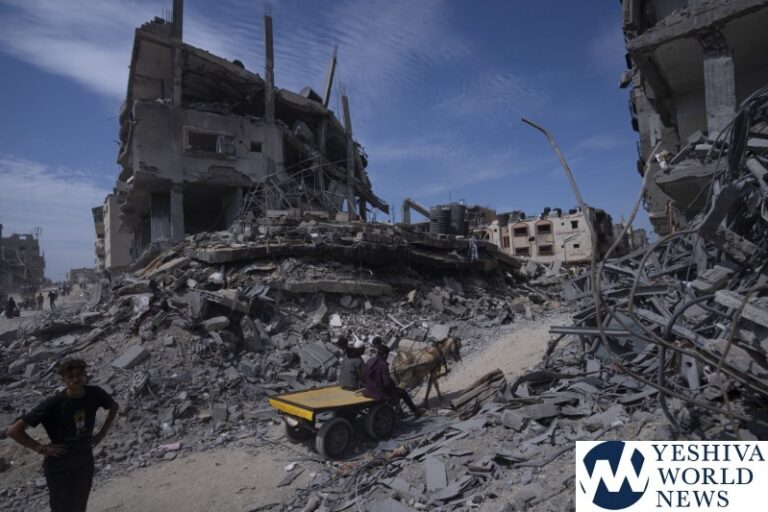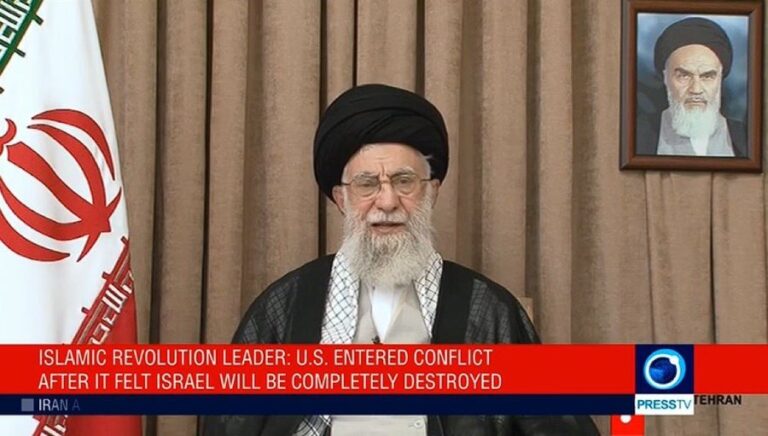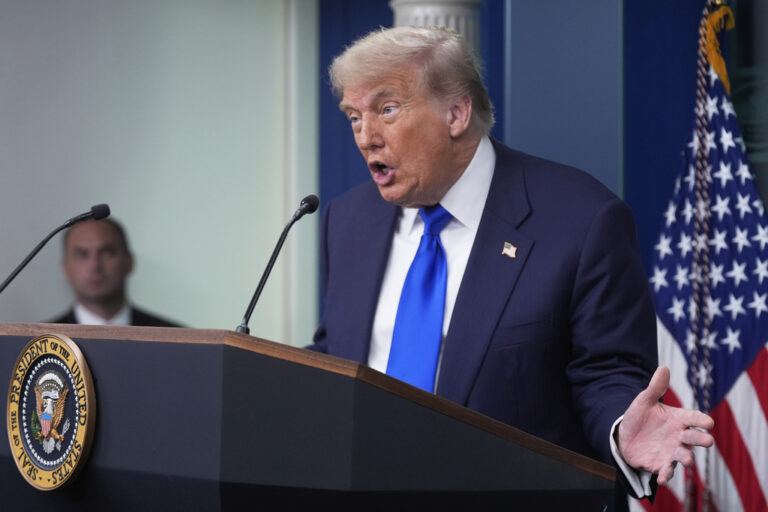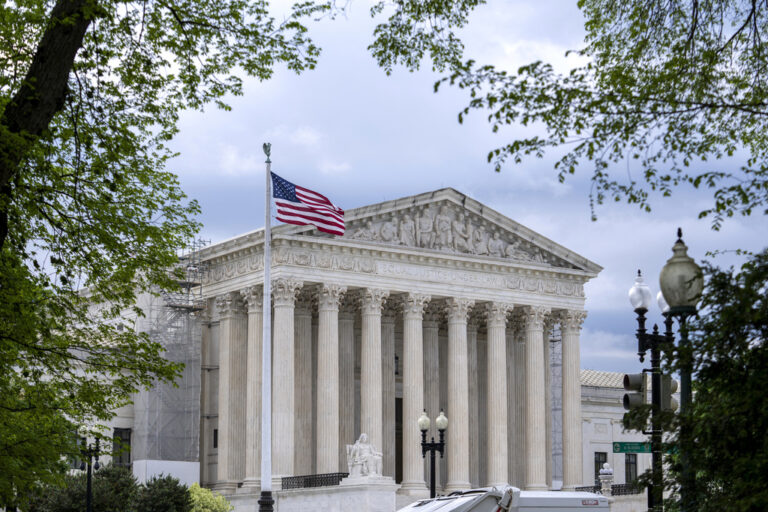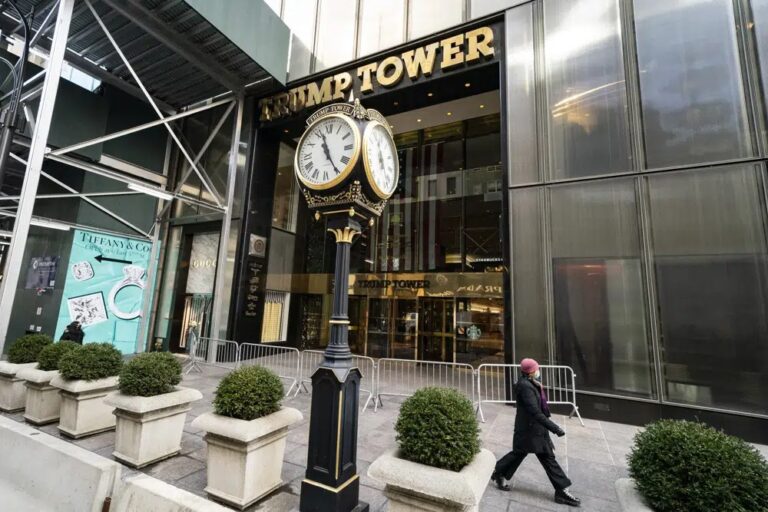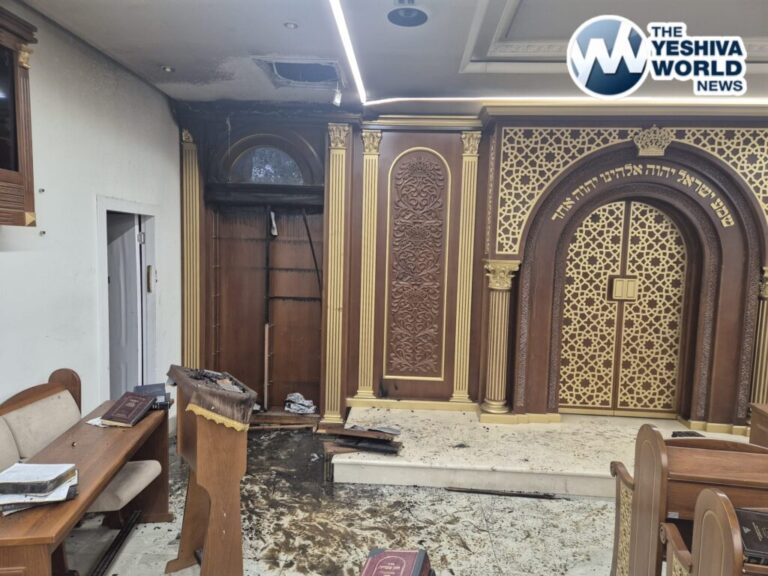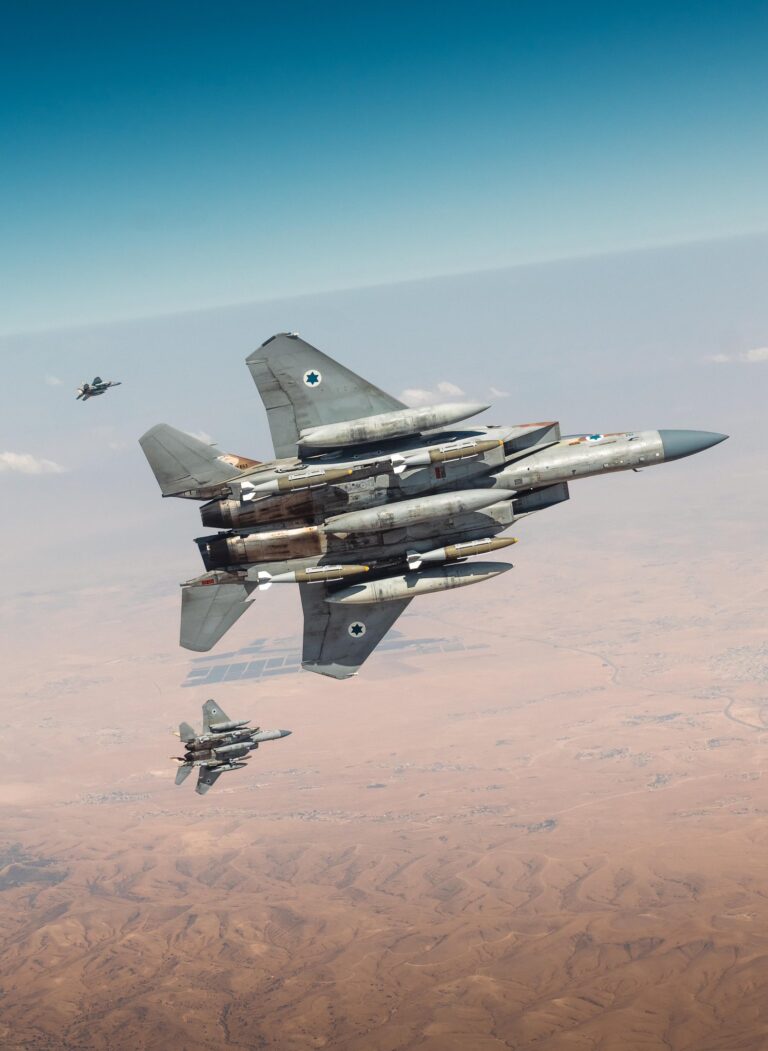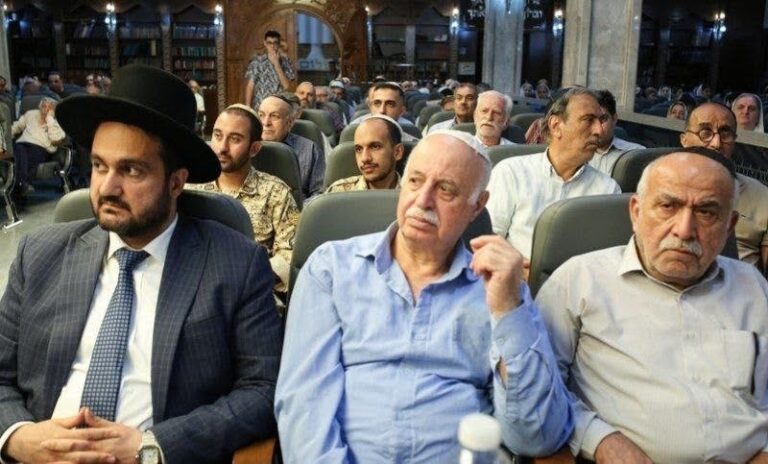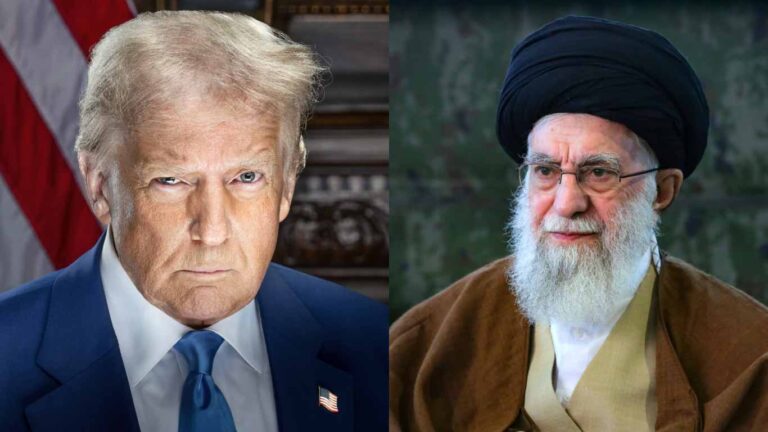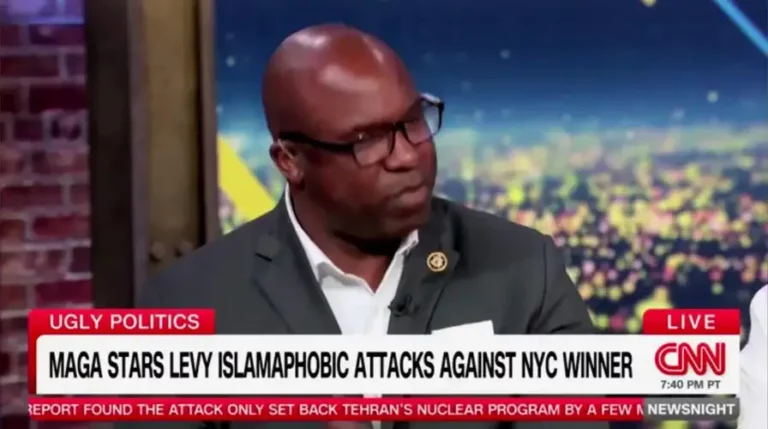 Iraqi and U.S.-led coalition forces have killed or gravely wounded more than 2,000 Islamic State fighters in the battle for Mosul since October, the top U.S. commander in Iraq said Sunday.
Iraqi and U.S.-led coalition forces have killed or gravely wounded more than 2,000 Islamic State fighters in the battle for Mosul since October, the top U.S. commander in Iraq said Sunday.
Lt. Gen. Stephen Townsend told reporters there are still an estimated 3,000-5,000 IS fighters still defending Mosul.
U.S. Defense Secretary Ash Carter made an unannounced visit Sunday to an Iraqi air base where several hundred U.S. troops are helping Iraqi forces stage for their offensive to retake Mosul from IS.
Carter and a small entourage flew to Qayara air base from Baghdad after meeting with Prime Minister Haider al-Abadi and sharing lunch with American troops. It was Carter’s first visit to Qayara since it began operating as an Iraqi staging base in October.
Sunday’s visit came as Iraqi security forces have been slowed in their nearly two-month-old offensive against IS, which has occupied Mosul for more than two years.
In Bahrain on Saturday, Carter announced he is sending another 200 troops to Syria to train and advise local fighters combatting IS. There are already 300 U.S. troops authorized for the Syria effort, and some 5,000 in Iraq.
The recapture of Mosul, the country’s second largest city, is crucial to the Iraqis’ hopes of restoring their sovereignty, although political stability will likely remain a challenge afterward.
Carter told an international security conference in Bahrain that the battle for Mosul and for the Syrian city of Raqqa, the de facto capital of the extremists’ self-described caliphate, would be crucial for defeating the group, which has claimed attacks worldwide.
“The seizure of these two cities is necessary to ensure the destruction of ISIL’s parent tumor in Iraq and Syria — the primary objective of our military campaign — and put ISIL on an irreversible path to a lasting defeat,” he said, using another acronym for IS.
He did not predict how long it might take for Iraqi forces to prevail in Mosul, but he sounded a note of optimism.
“This is a complex mission that will take time to accomplish, but I am confident that ISIL’s days in Mosul are numbered,” he said in Bahrain.
Iraqi forces have only captured a handful of eastern Mosul neighborhoods since launching the offensive in mid-October. On Sunday they came under mortar fire as they worked to clear villages along the Tigris River to the south, part of operations to secure supply lines for a campaign that is likely to stretch into the coming year.
Carter, whose tenure as defense secretary will end in January if his designated successor — retired Marine Gen. James Mattis — is confirmed by the Senate as expected, also made the case for keeping U.S. forces in Iraq even after the Islamic State group is dislodged from Mosul.
“Beyond security, there will still be towns to rebuild, services to re-establish, and communities to restore,” he said in Bahrain. The extremists, he predicted, will attempt to survive by reinventing themselves “in some other shape or form” after they lose their grip on Iraq and Syria.
In Baghdad, six separate bombings targeting mostly streets and markets frequented by civilians killed 12 and wounded more than 30 people Sunday, according to Iraqi police and hospital officials. IS claimed responsibility for one of the attacks in southern Baghdad in a statement posted by the group’s Amaq news agency. All Iraqi officials spoke on condition of anonymity as they were not authorized to brief the press.
Left unaddressed by Carter during his visit to Iraq was a possible change in course under President-elect Donald Trump when he takes office next month.
(AP)

